Knowledge hub
Search our gender equality resources, designed for DFAT
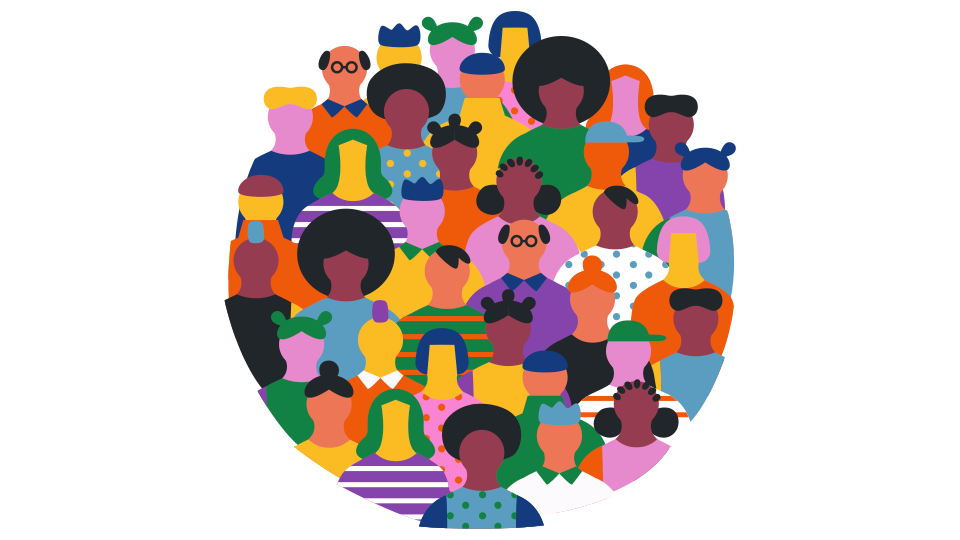
The Support Unit for Gender Equality (SURGE)
closed on 31 December 2025.
This website will no longer be monitored or updated. For DFAT officers seeking gender technical assistance please contact the Gender Equality Branch (GEB) at GEDSI.GEB@dfat.gov.au
The SURGE Knowledge Hub is a curated library of gender equality resources to support users to improve their approach to gender equality in international development programming. Whether you are looking for DFAT guidance, how to apply an intersectional approach or need help integrating gender into your design, the SURGE Knowledge Hub is your one-stop-shop.
The Knowledge Hub is arranged by technical sectors and includes guidance and tools on assessment, design, evaluation, MEL and much more.
Search by Sector
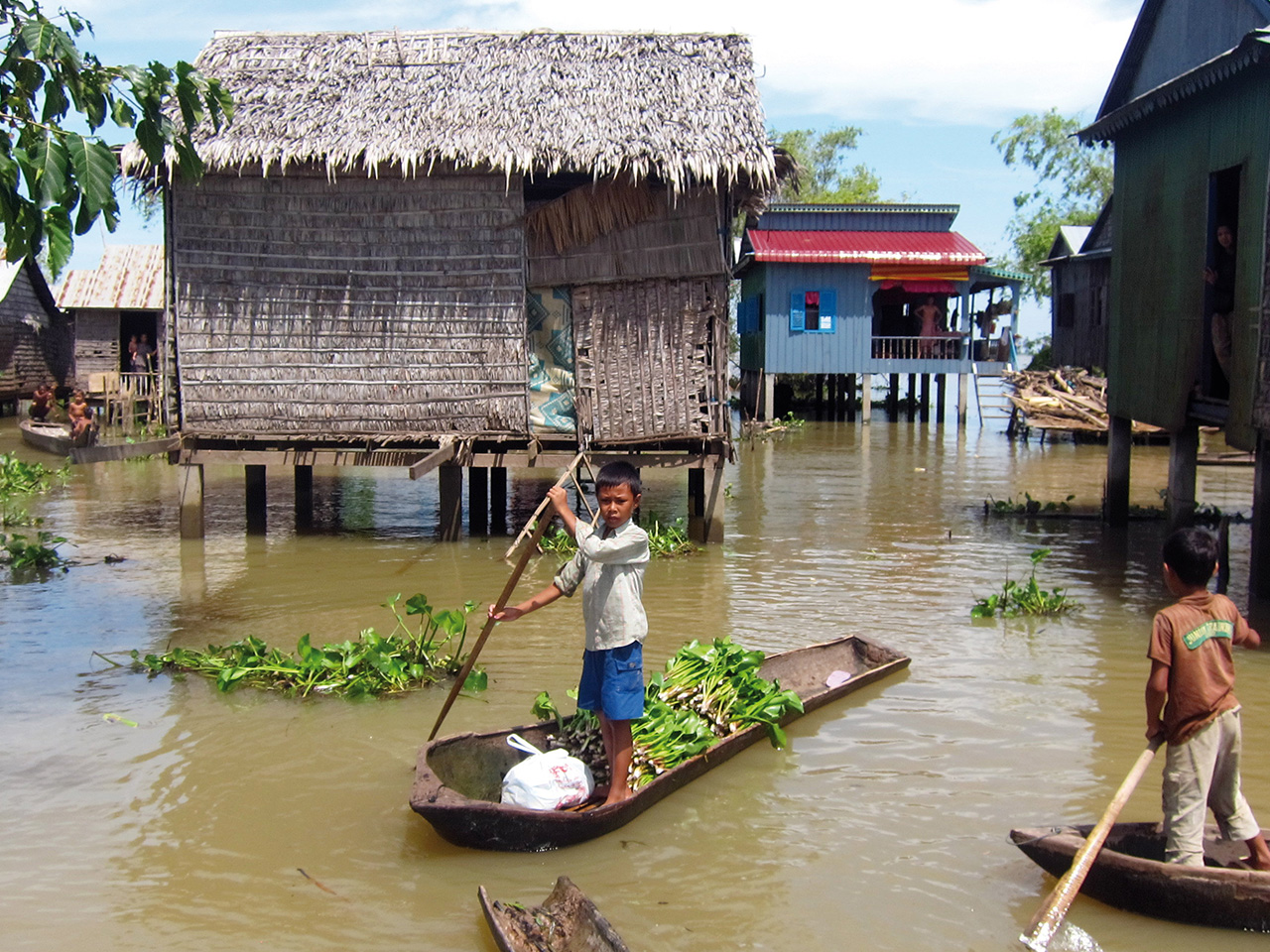
Climate Change and Environment
Climate Change and Environment
With the Indo-Pacific region home to 10 of the 15 countries considered most at risk of the effects of climate change, Australia is committed to supporting climate change action through its aid program. The impacts of climate change, including disasters, increased food and water insecurity, and economic impacts are not gender neutral and, in fact, amplify existing gender inequality, posing unique threats to the livelihoods, health and safety of women and girls (UN Women).
This section includes knowledge products for the following related sub-sectors:
- Climate adaptation
- Disaster risk reduction
- Climate mitigation
- Food security
- Climate-resilient infrastructure
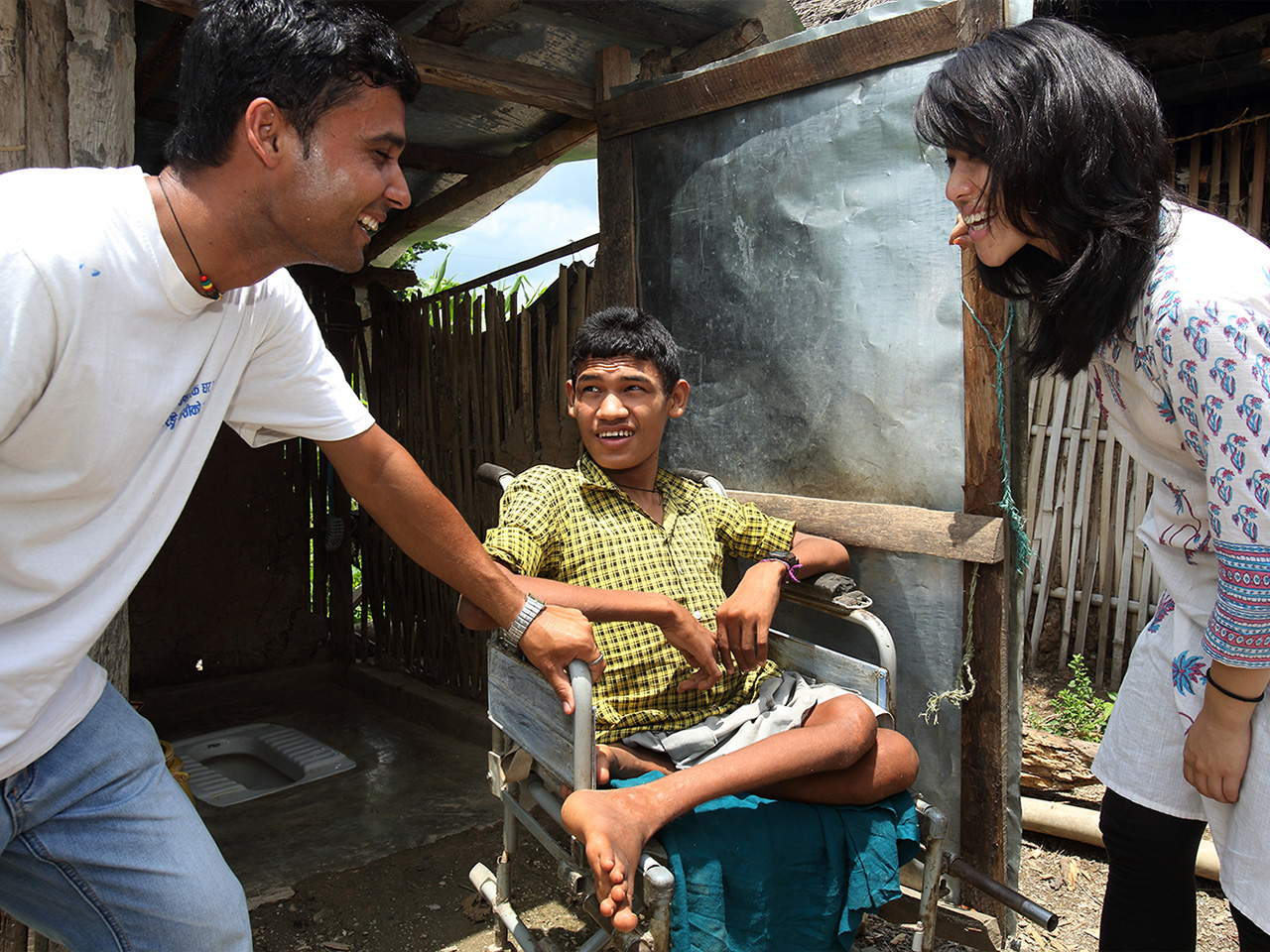
Cross Cutting Resources
Cross-Cutting Resources
There are a number of resources, produced through Australia’s development program and beyond, that can support the consideration of important cross-cutting issues when designing, implementing or reviewing gender equality initiatives. These resources cover monitoring, evaluation and learning, data sources and guidance on cross-cutting issues. These cross-cutting issues can include disability inclusion, intersectional inequality, Indigenous Peoples, and SOGIESC . Gender equality itself is a cross-cutting issue, and these resources can also be used to ensure gender equality is considered across all development investment.
This section includes knowledge products related to:
- Gender and monitoring, evaluation and learning
- Statistical database of key gender equality markers
- Disability inclusion
- Intersectional approaches
- First Nations
- SOGIESC
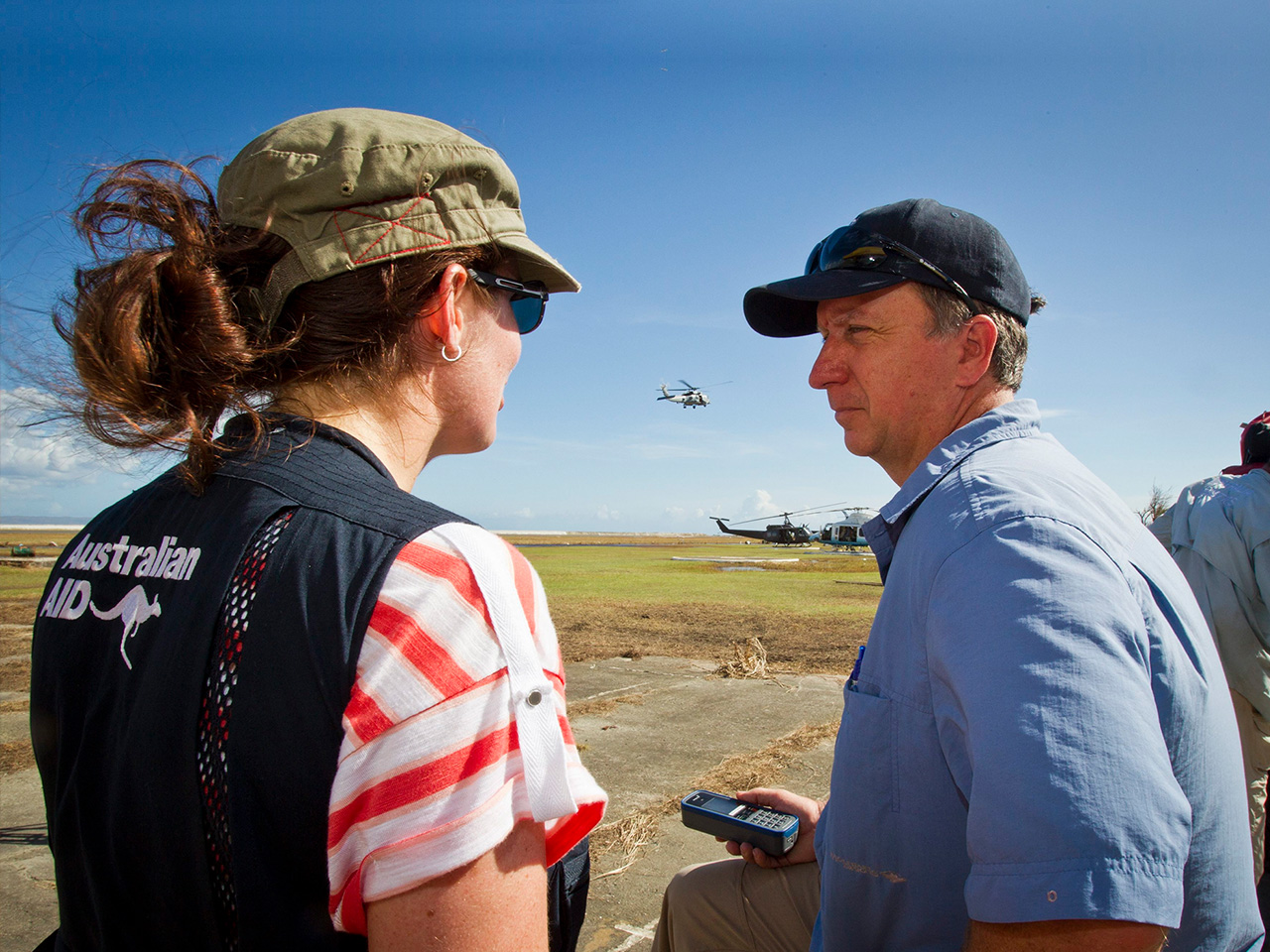
DFAT Policies and Guidance
DFAT Resources
DFAT has a wealth of guidance and practical tools designed to support quality, effective development program design, implementation, reporting and learning. Here we have collated DFAT resources relevant to gender equality and inclusive development programming that are designed to support alignment with DFAT aid quality expectations and reporting requirements.
This section includes the following DFAT resources:
- Good Practice Notes for investment strategy, design, and evaluation
- Relevant standards, such as the Design and Monitoring and Evaluation Standards
- Technical guidance
- Monitoring and evaluation tools.
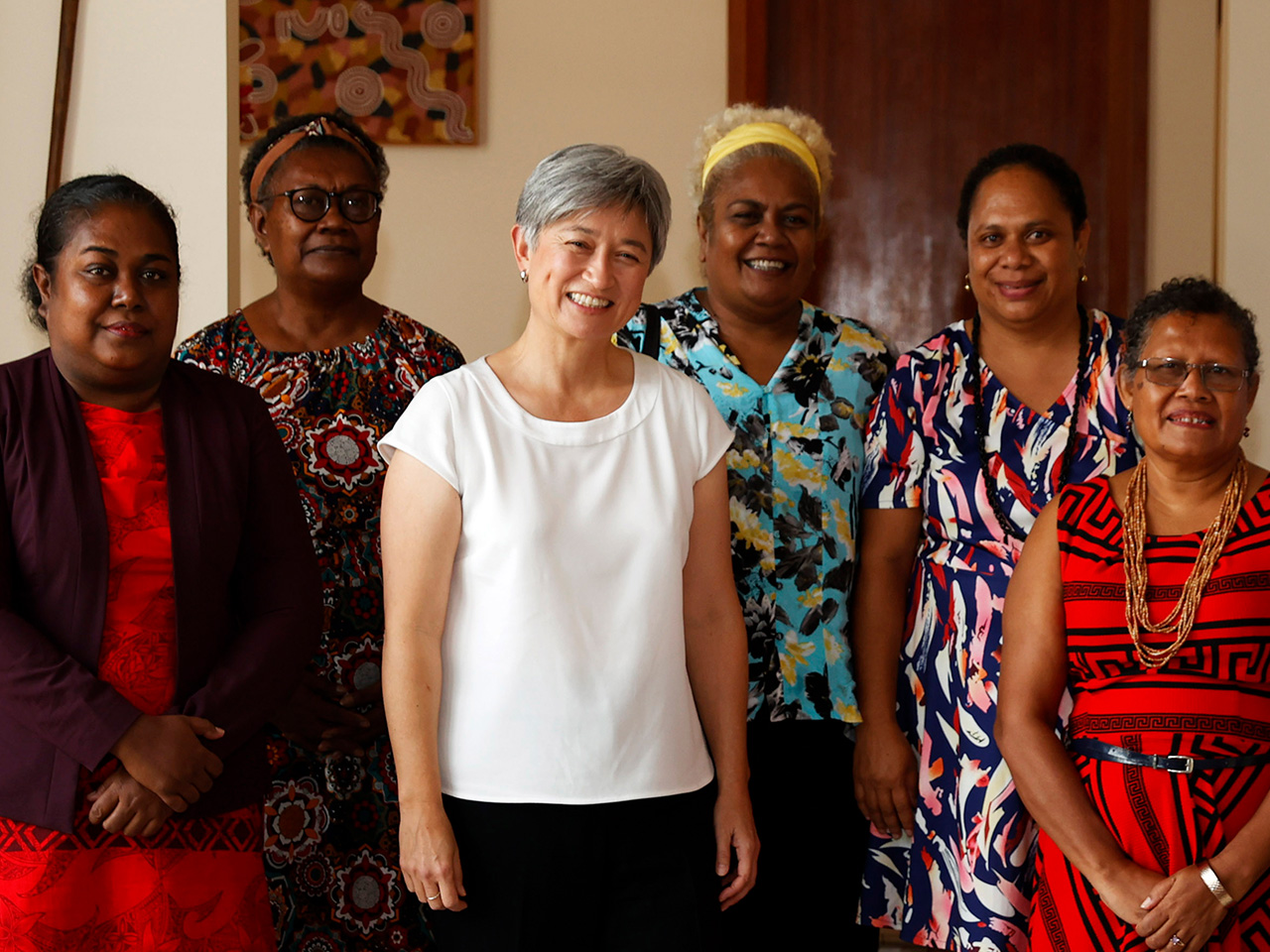
Economic Infrastructure and Services
Economic Infrastructure and Services
Australia’s aid program prioritises investments in economic infrastructure and services that facilitate private sector and human development, and promote women’s participation and empowerment (DFAT). Ensuring economic infrastructure and services are gender-responsive fosters the participation and economic empowerment of all, including women. It is crucial that consideration is given to gender equality through the planning, policy and delivery of economic infrastructure and services.
This section includes knowledge products for the following related sub-sectors:
- Women’s economic empowerment
- Community-based economic development
- Private sector development
- Markets and trade
- Development financing
- Financial institutions
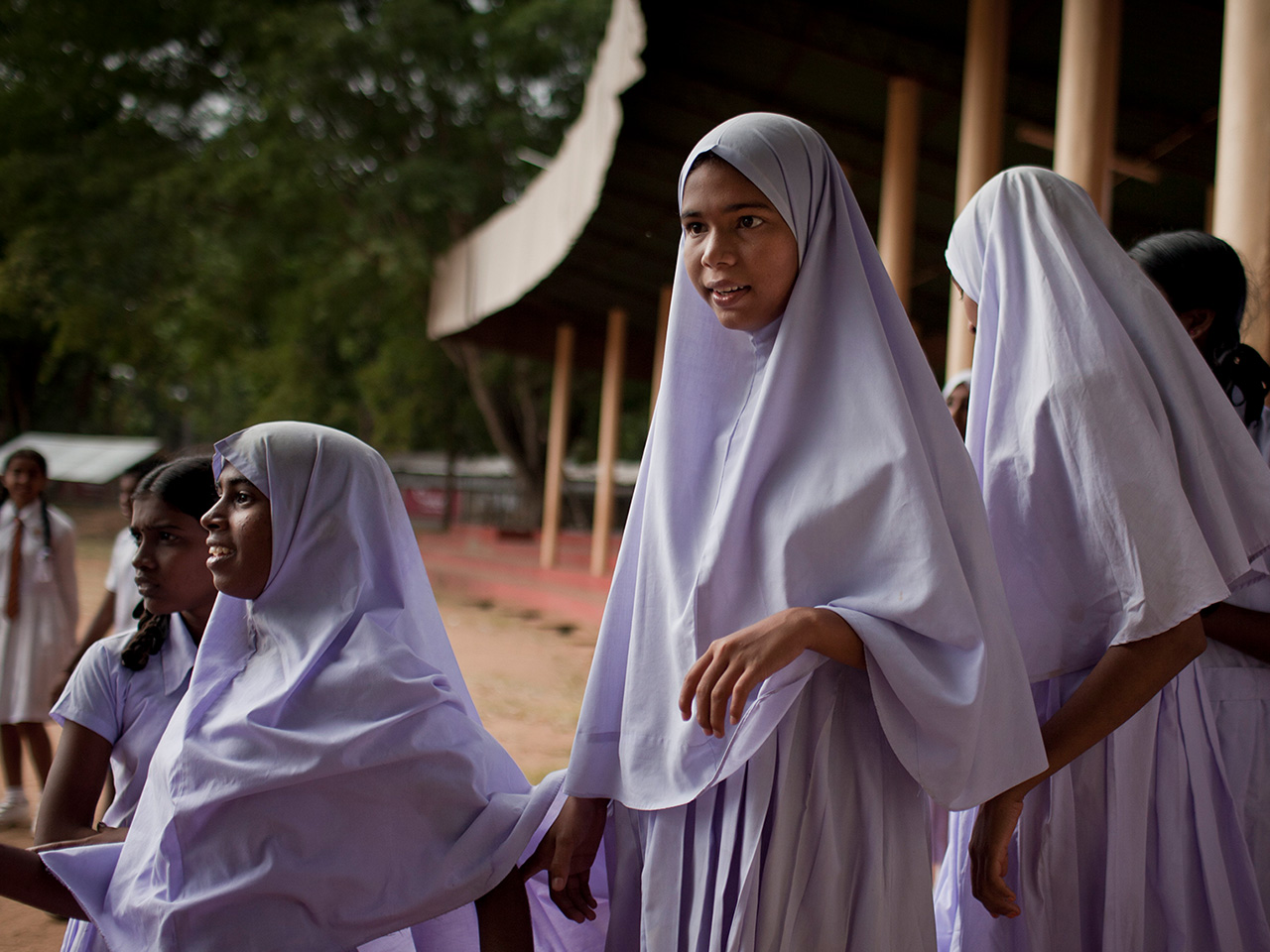
Education and Scholarships
Education and Scholarships
Ensuring girls and women can access quality education is a strategic development priority for Australia, delivered through investments in quality and inclusive education, from early-childhood and primary years through to secondary, tertiary and vocational education. Australia focuses on supporting changes to systems and policies that will deliver better education across our region, working in partnership with trusted organisations and experts. (DFAT).
This section includes knowledge products for the following related sub-sectors:
- Early childhood and primary education
- Secondary education
- Vocational training
- Scholarships
- Educational exchange
- Training and professional development
- Curriculum development
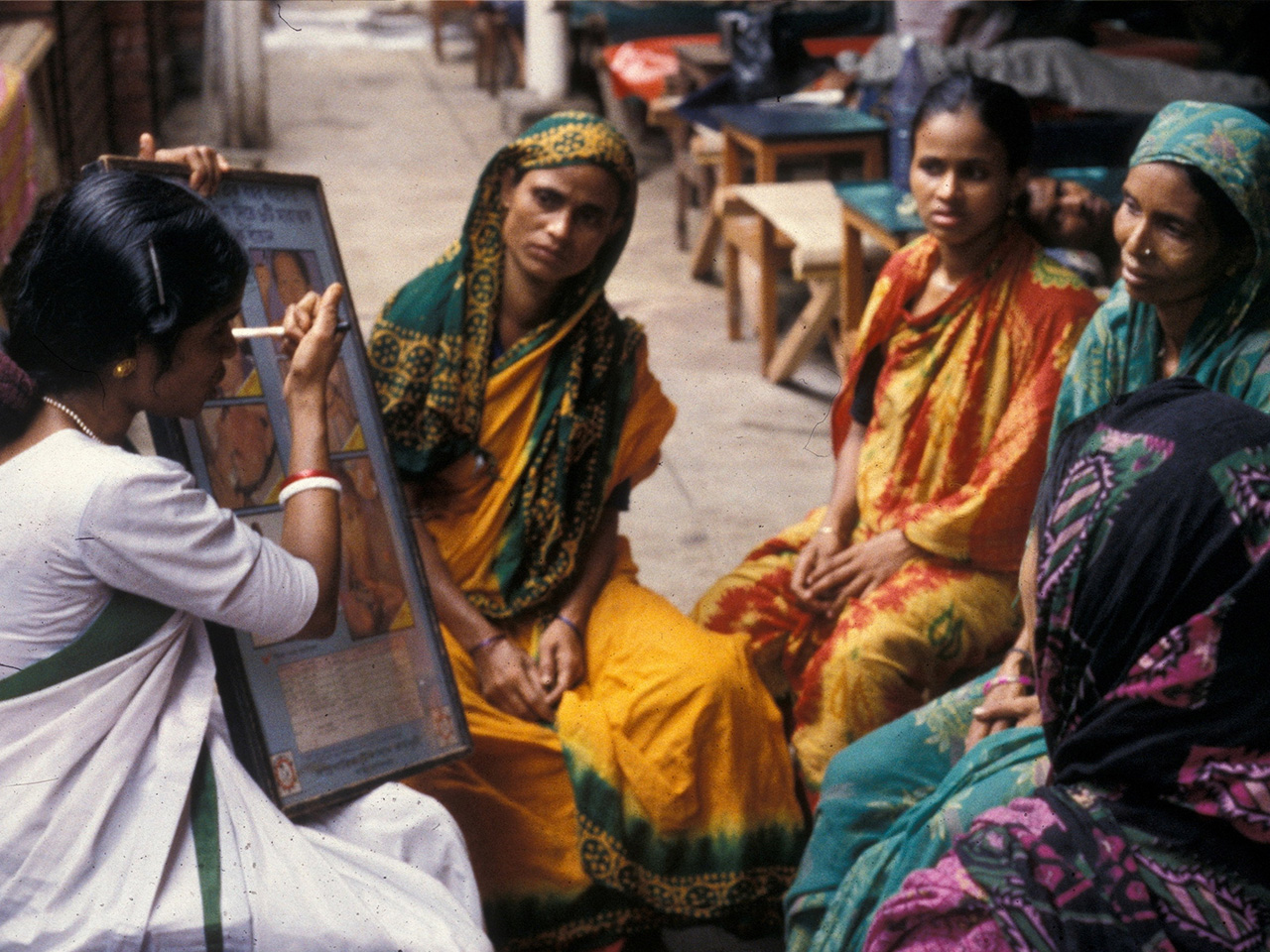
Gender Based Violence
Gender-Based Violence
Addressing, preventing and responding to gender-based violence is a commitment upheld by Australia through regional and bilateral development and humanitarian assistance programs. Australia advocates for, and actively contributes to, advancing efforts to end gender-based violence through a number of global advocacy partnerships (DFAT). Gender-based violence is one of the most prevalent human rights violations in the world; it knows no social, economic or national boundaries. While not limited to violence against women and girls, almost one in three women globally have been subjected to intimate partner violence and/or non-partner sexual violence (UNFPA).
This section includes knowledge products related to:
- Domestic and family violence
- Sexual assault
- Sexual harassment
- Gender-based violence in conflict settings
- Gender based violence in disaster settings
- Prevalence and costing gender-based violence
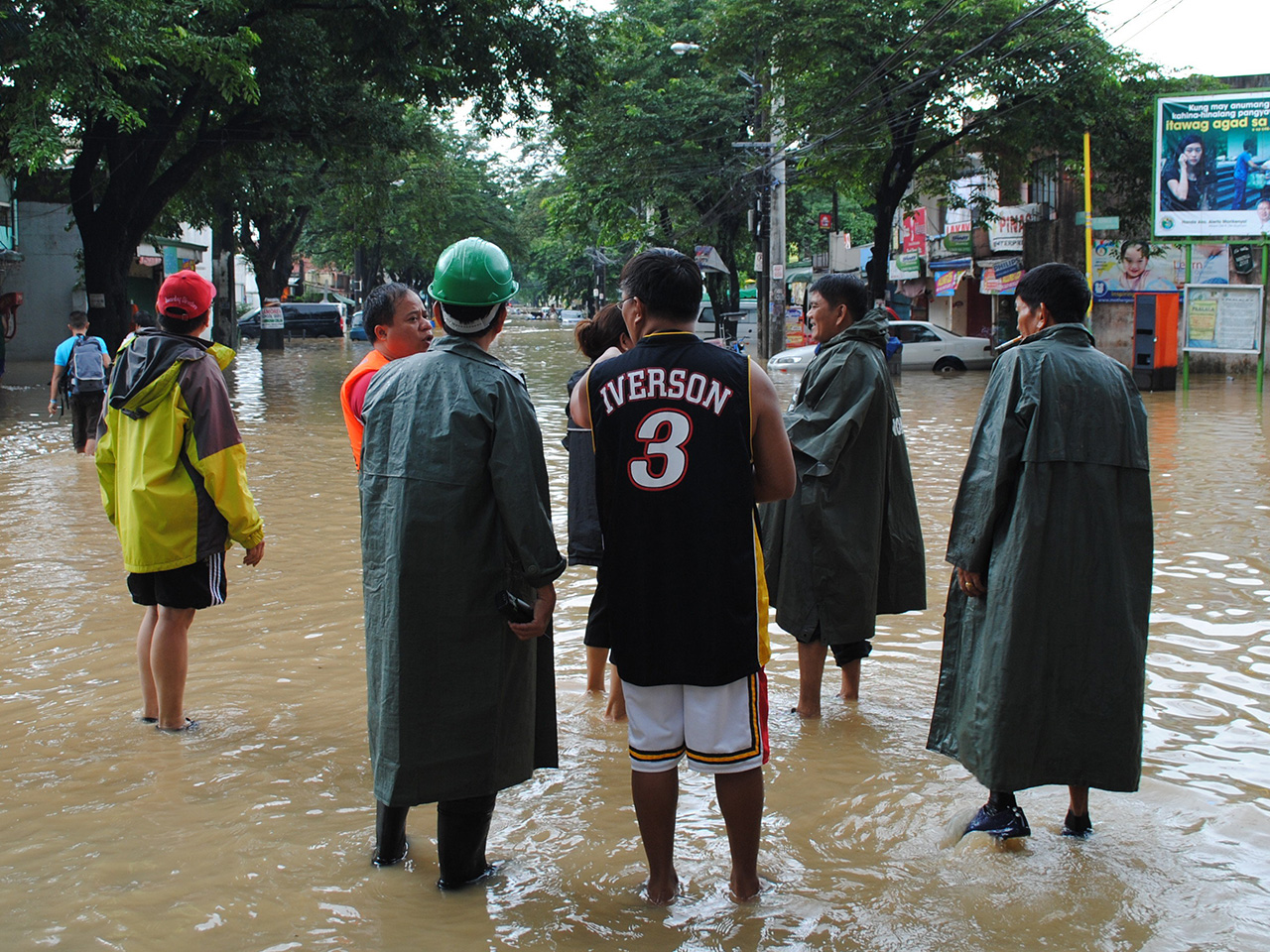
Governance
Governance
Australia supports a wide range of governance-focused development investments, from public policy and public financial management, through to stronger judicial systems, free media and transparent elections. Good governance is key to delivering gender equality results through public policies, programmes, services and budgets that benefit women and men (OECD). Institutional and systems strengthening initiatives that strive to ensure public services reach all citizens equally are more likely to result in sustained good governance.
This section includes knowledge products for the following related sub-sectors:
- Public sector
- Institutional strengthening
- Systems strengthening
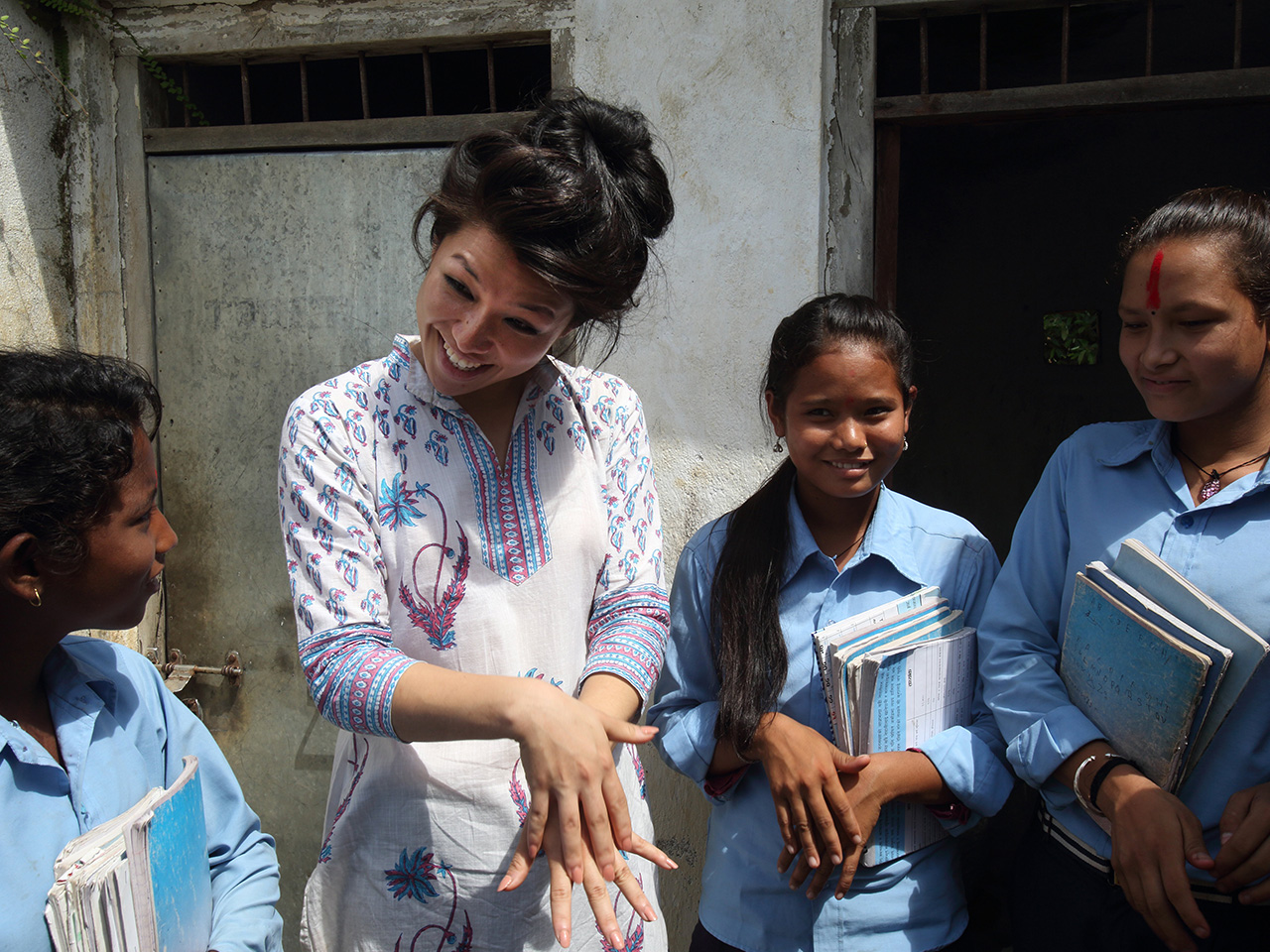
Health
Health
Australia’s invests in health at country, regional and global levels in order to contribute to better policymaking, health service provision, reproductive health, disease prevention and control, and water and sanitation. Women and girls have particular health needs and, due to gender inequality and discrimination, can face significant barriers to accessing health care. This leads to greater health risks including, but not limited to, malnutrition, unintended pregnancies, respiratory infections, lower vision and cervical cancer (WHO).
This section includes knowledge products for the following related sub-sectors:
- Maternal and child health
- Sexual and reproductive health and rights
- Non-communicable diseases control
- COVID-19
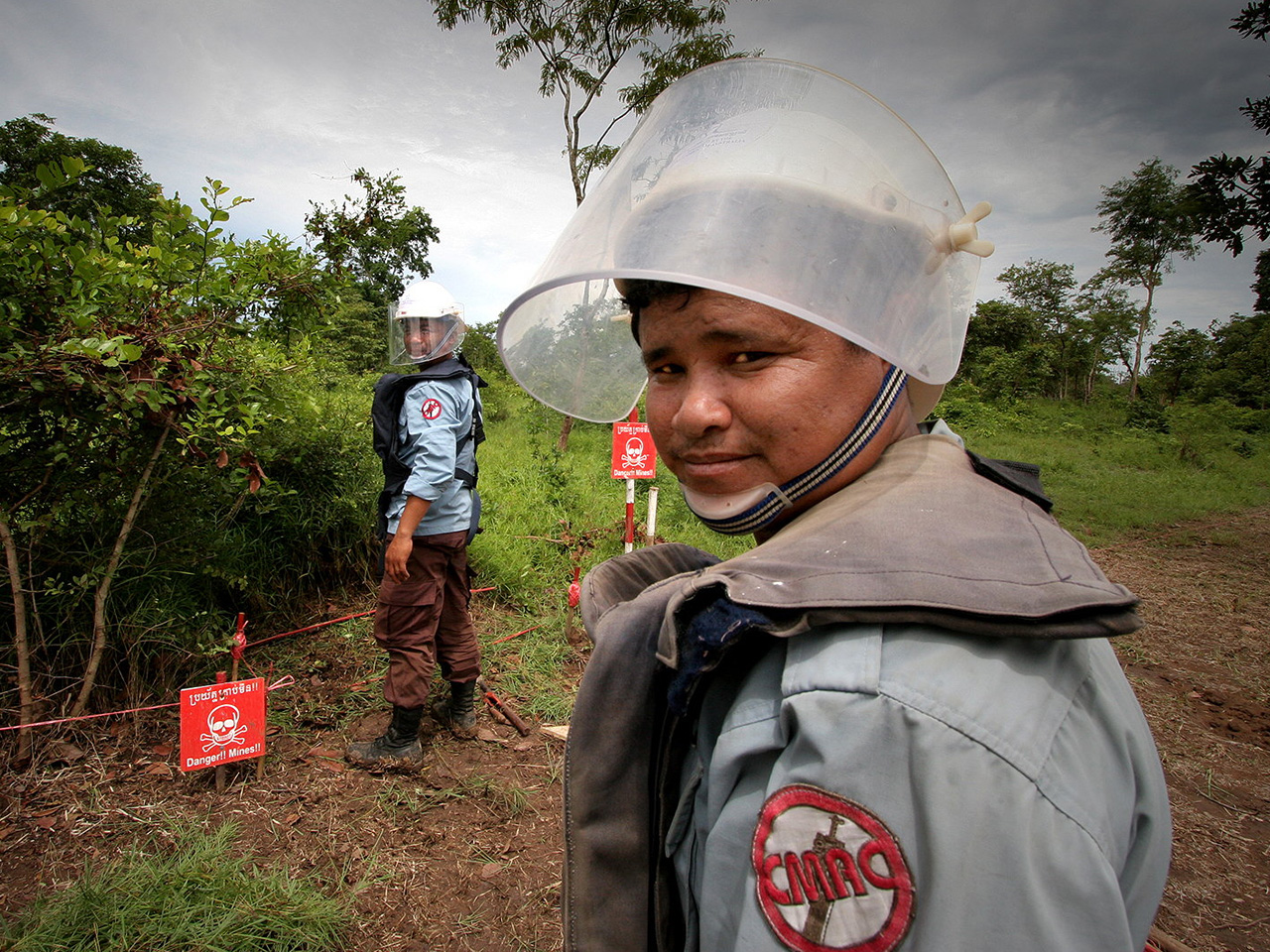
Humanitarian and Conflict Settings
Women, Peace and Security and Humanitarian Assistance
Led by DFAT, Australia takes a whole-of-government approach to women, peace and security and is committed to championing this issue globally (DFAT). Australia’s humanitarian assistance efforts – inclusive of women, peace and security – comprises disasters and fragile and conflict-affected settings, all of which pose greater risks for women and girls in relation to sexual and gender-based violence and unequal access to food, health care, education and justice.
This section includes knowledge products for the following related sub-sectors:
- Women, peace and security
- Humanitarian responses
- Protracted crises
- Disaster risk reduction
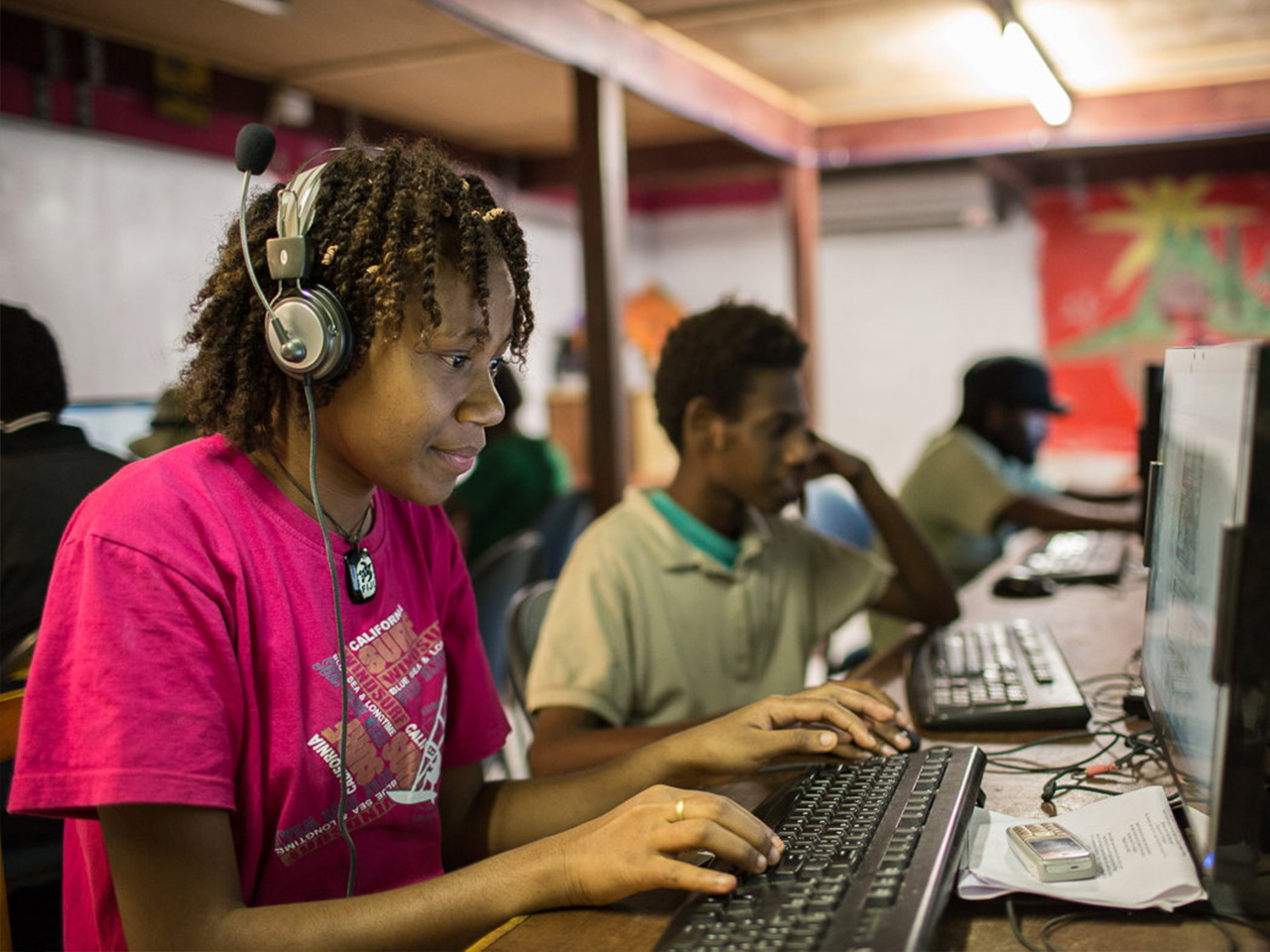
Infrastructure
Infrastructure
Australia’s approach to infrastructure within the development assistance program includes physical infrastructure, governance and policy, systems strengthening and working in partnership with governments, the private sector and civil society. Women and girls stand to benefit from good, reliable infrastructure through better safety and security, access to services, education, markets and employment. The incorporation of gendered considerations into infrastructure planning, decision-making and delivery, ensures everyone stands to benefit from infrastructure and services equally (OECD).
This section includes knowledge products for the following related sub-sectors:
- Transport
- Energy
- Water and sanitation
- Information, communication and technology
- Financing facilities
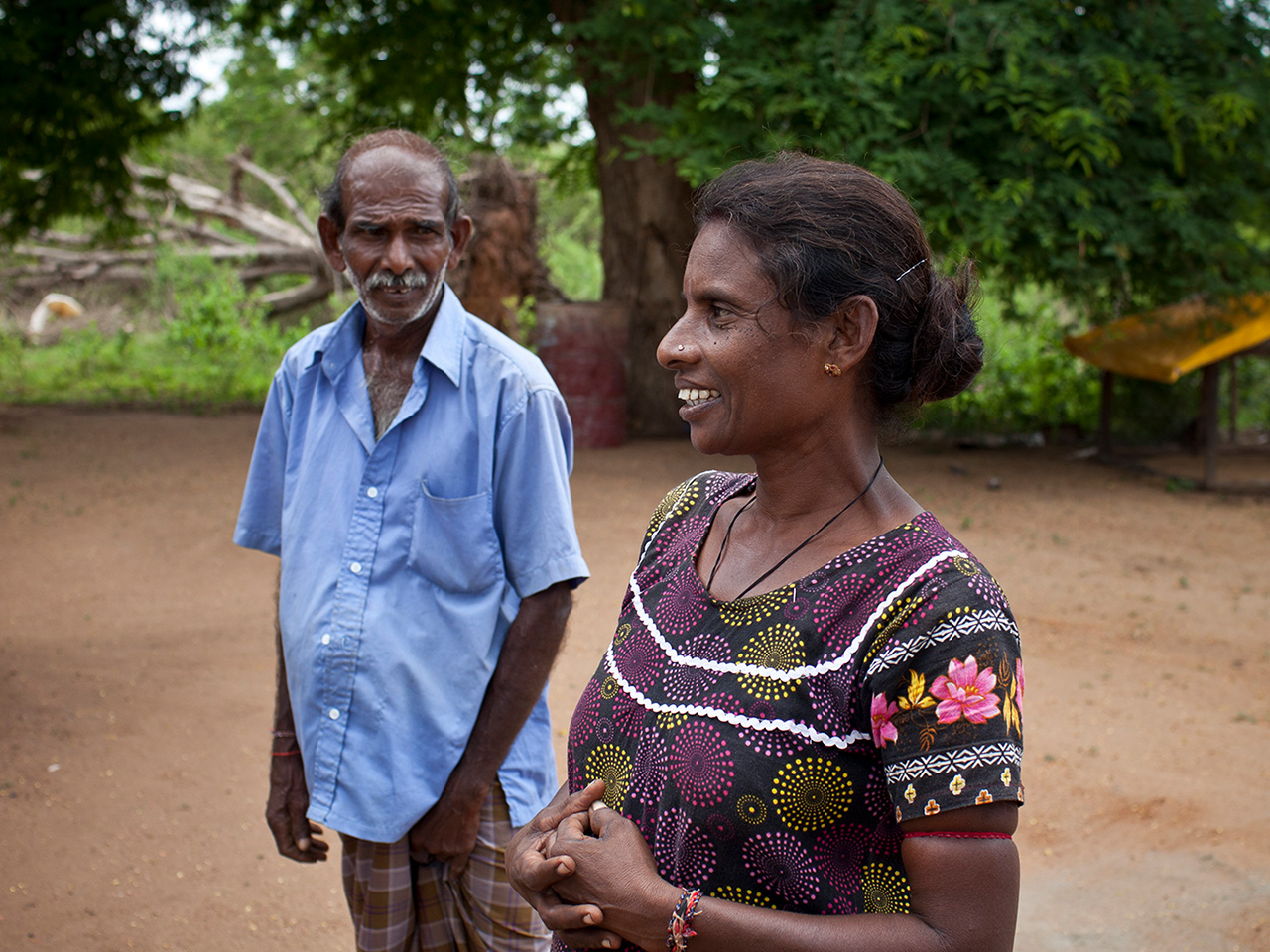
Protection
Protection
Australia is committed to ensuring the exposure to risk faced by women and girls is reduced, including those affected by crises, disasters, and/or those living in or vulnerable to poverty. Women and girls can face greater risks of violence, exploitation, neglect, discrimination and poverty. Work within the protection sector involves mitigating or responding to these risks and supporting women and girls to lead safe, dignified lives.
This section includes knowledge products for the following related sub-sectors:
- Social protection (cash or in-kind transfers)
- Risk
- Vulnerability
- Poverty reduction
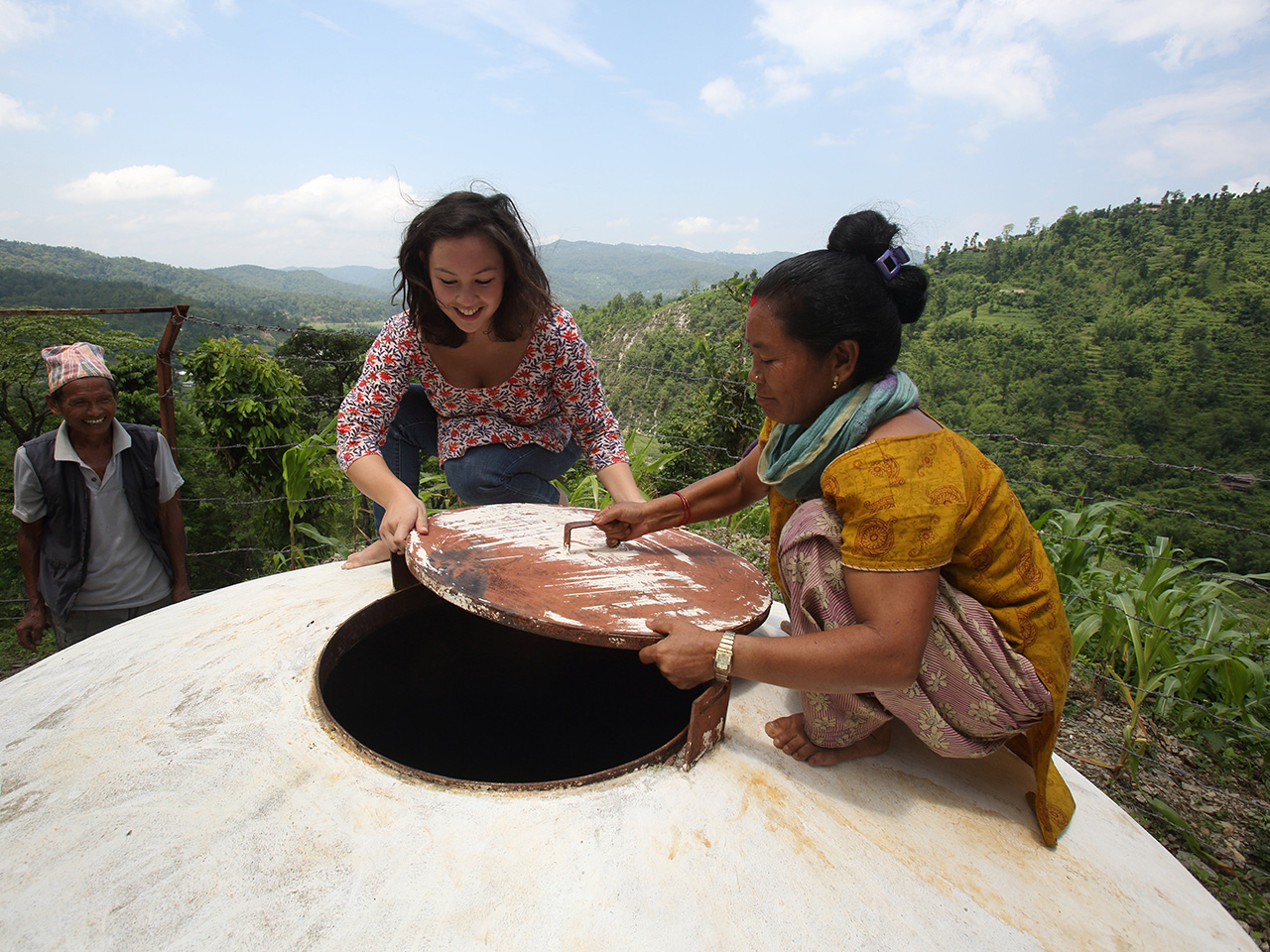
Water
Water Resource Management
Australia’s develop program seeks to harness Australian expertise in water resource management and Australia regularly partners with governments, communities, the private sector, NGOs, civil society and other donor agencies to achieve greater water security (DFAT). In many contexts, water resource management is a male-dominated area despite many women being the de-facto household decision-makers in relation to water. Good water management integrates all gender perspectives (UNWater). When women and girls do not have equal access to safe, reliable water sources the impacts range from health and hygiene to lower agricultural productivity.
This section includes knowledge products for the following related sub-sectors:
- Resource management Australian knowledge sharing
- Water security
- Access to services
- Local infrastructure
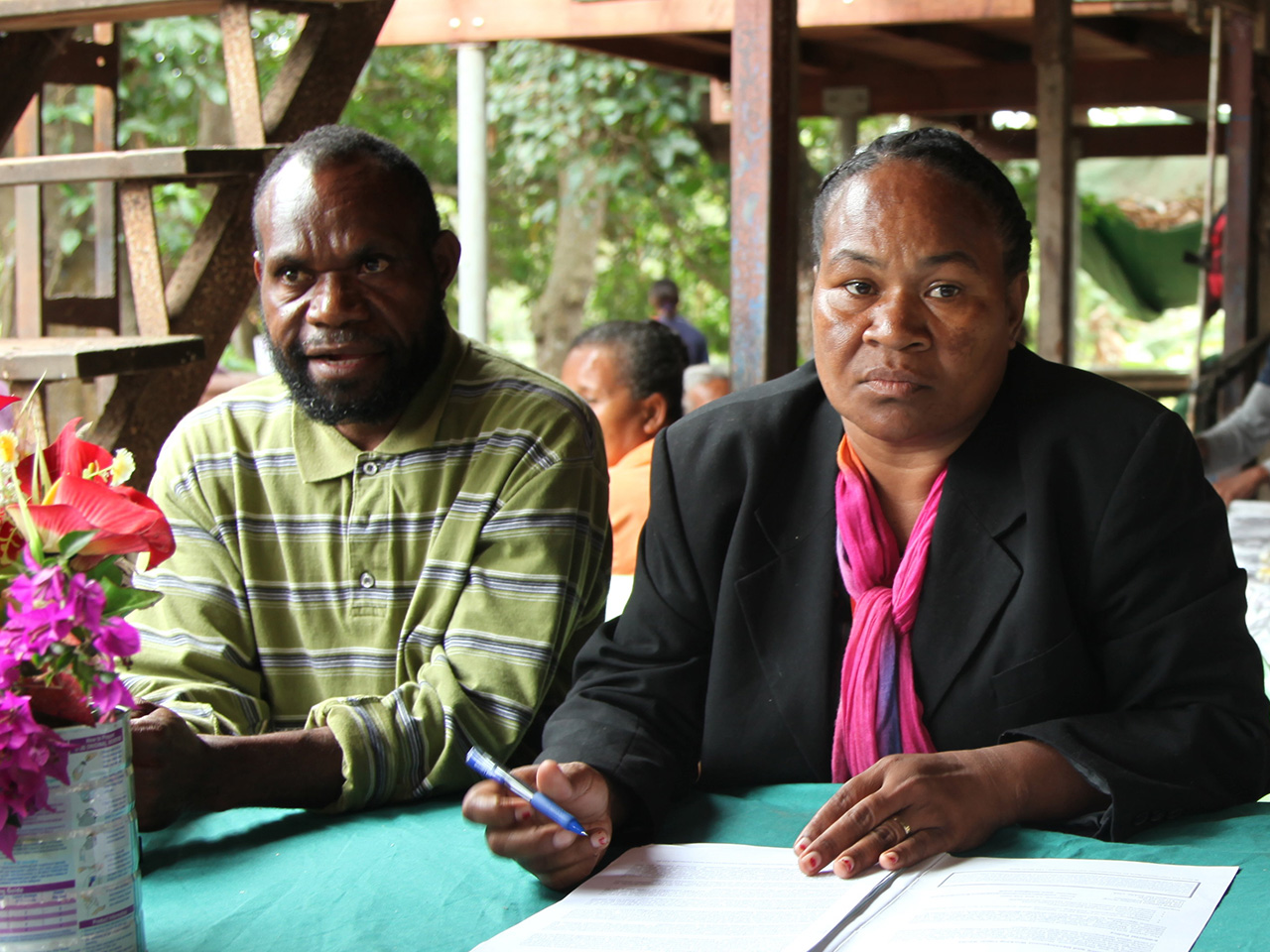
Women In Leadership
Women in Leadership
Australia promotes women’s decision-making across all advocacy and development programming, from ensuring equal participation on committees to supporting government partners to institutionalise equal employment opportunities (DFAT). However, globally, women remain under-represented in leadership positions across business, governments, civil service and academia (UNWomen). When women have the resources, skills and pathways to leadership roles, whether at a community, business or political level, they are in a position to make decisions and contribute to sustained peace-building and development processes.
This section includes knowledge products related to:
- Women in parliament
- Women’s leadership in the private sector
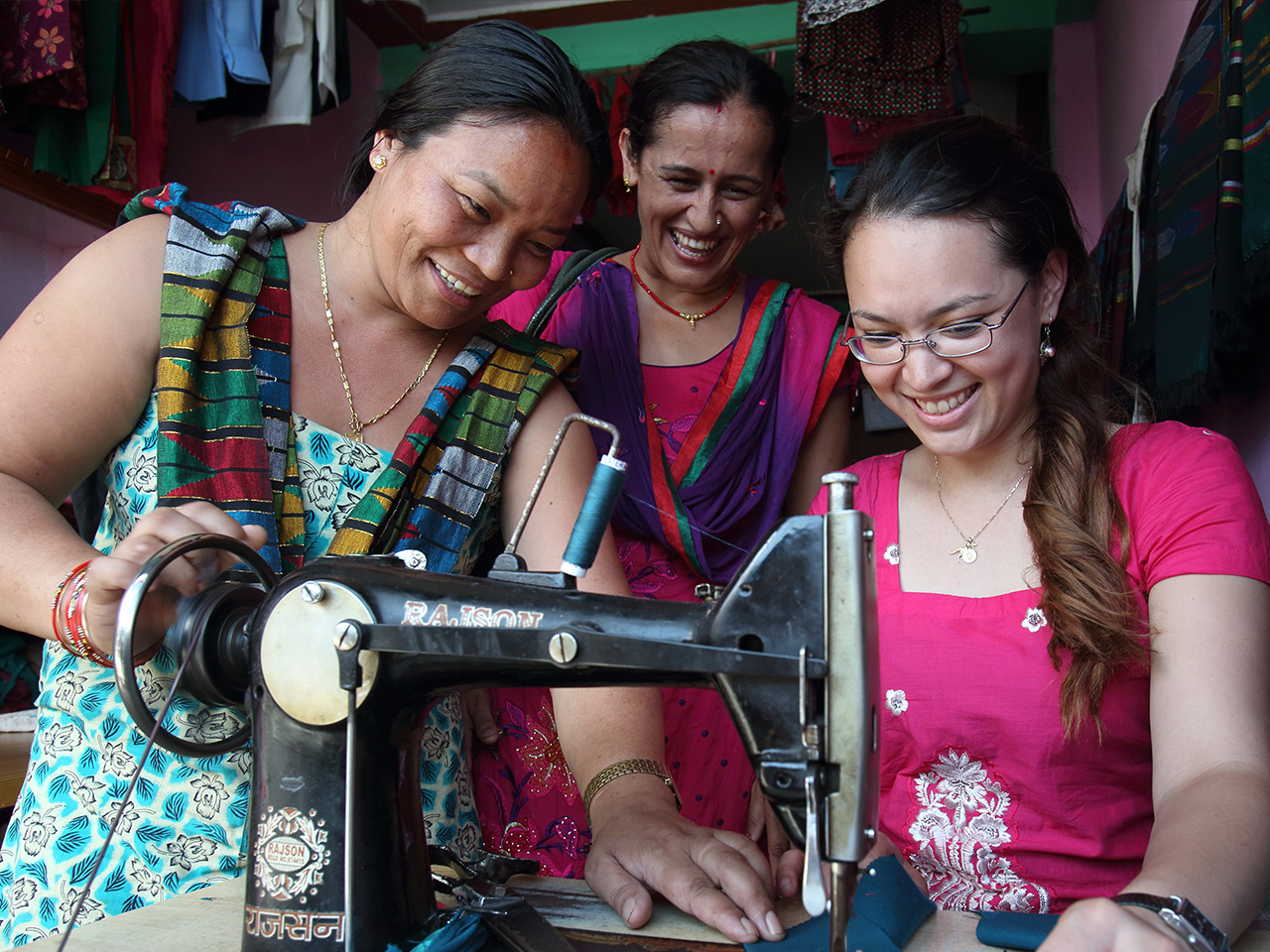
Womens Economic Empowerment
Women’s Economic Empowerment
Australia recognises that women’s economic empowerment is a driver of economic growth and leads to greater prosperity for all, and actively seeks to foster greater equality and economic participation of women throughout the development assistance program. Empowering women to have the same opportunities to participate in the economy as men boosts economic growth and leads to better development outcomes (IMF). It helps reduce poverty and creates more equal, prosperous societies (DFAT).
This section includes knowledge products related to:
- Women’s workforce participation
- Gender pay gap
- Small and medium enterprises
- Economic benefits of gender equality
- Early childhood education and care
- The unpaid care economy